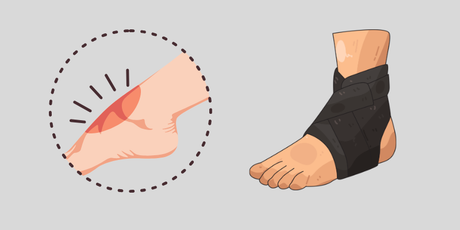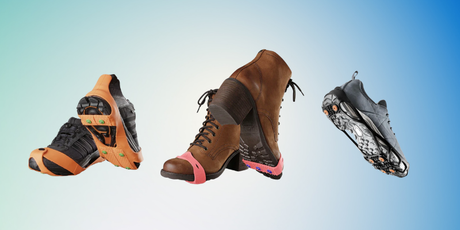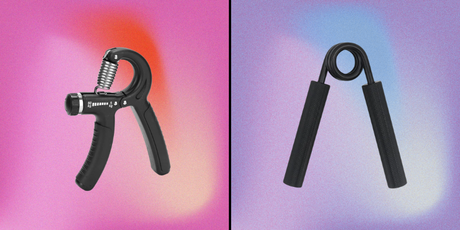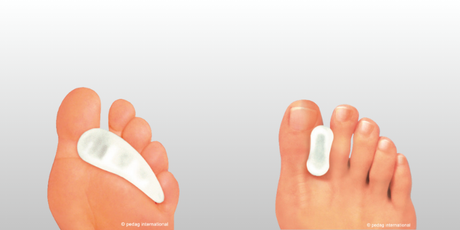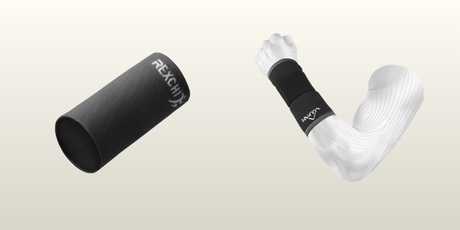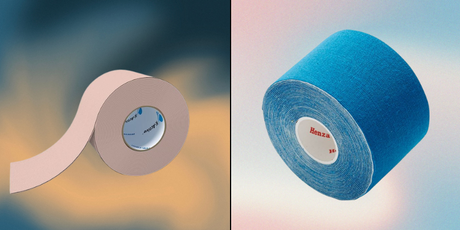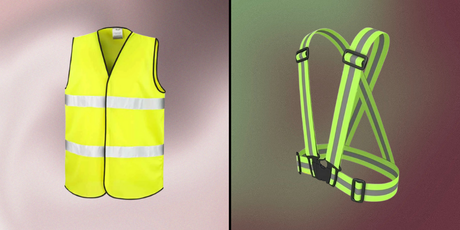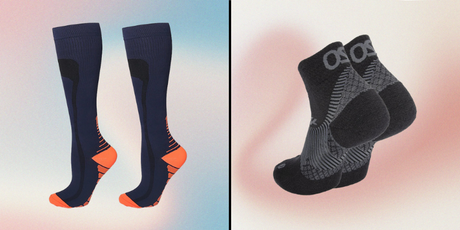Pregnancy Joint Pain
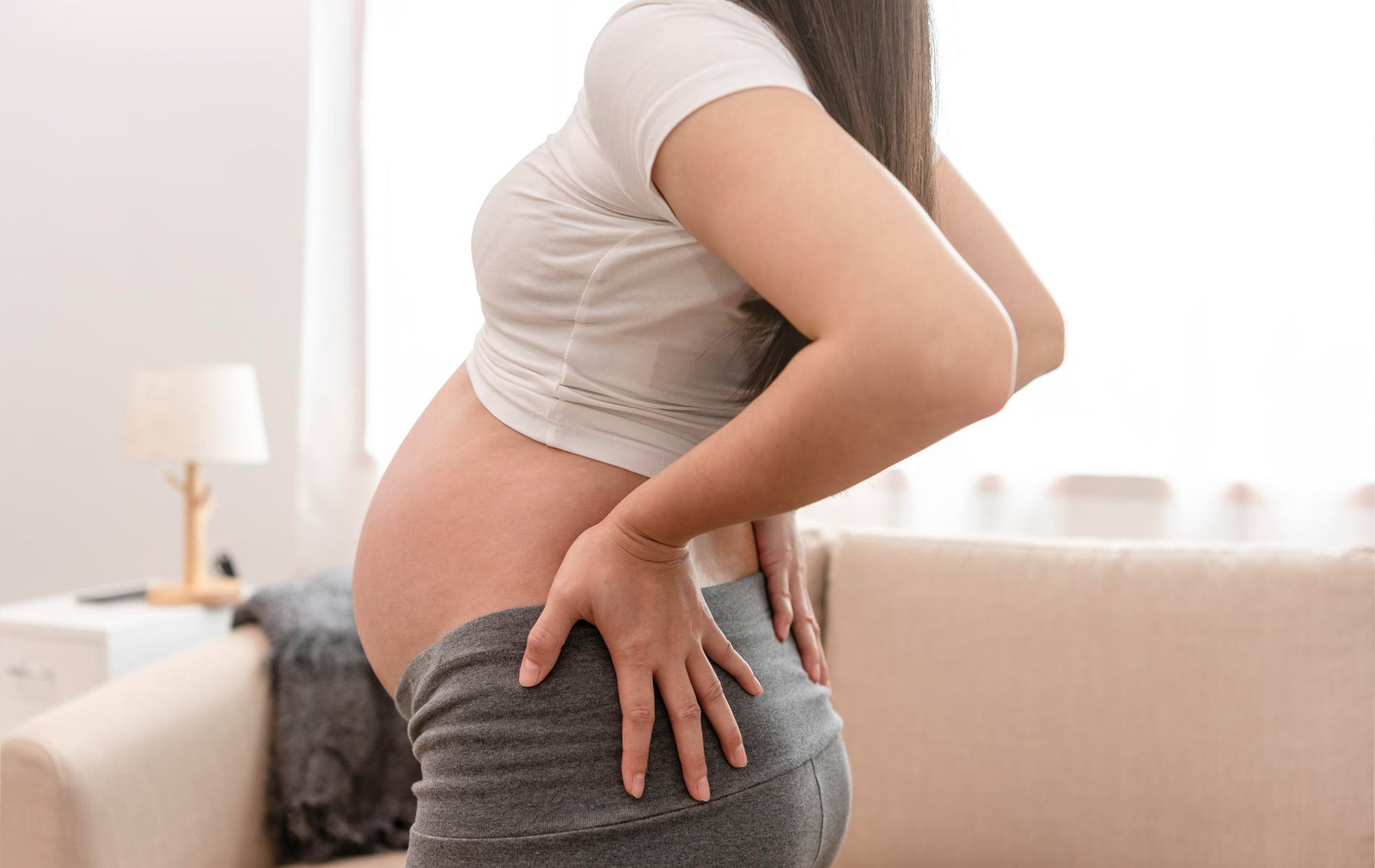
During pregnancy, the mobility of a woman's joints increases. Especially in the pelvis and adjacent area as the body prepares for labour. This increased mobility can cause pain and discomfort, especially in the areas around the pelvis, groin, hips, buttocks, pubic bone, back of the thighs and lower back. The name of the condition is Pregnancy Joint Pain, although the name can be misleading. It is not literally about the joints becoming loose. Ovulation is not harmful to either the woman or the baby, but it can be quite troublesome. Another name for laminitis is pelvic pain.
Each woman's experience of pelvic pain is different. Some don't experience any problems at all, but most usually experience at least some degree of it. It usually occurs in mid-pregnancy, but it can also occur in early or late pregnancy. It is common to have a mild pain in the morning that increases during the day as the body is exercised. Walking up stairs or sitting on the floor can make the pain worse. The symptoms associated with Pregnancy Joint Pain include, for example, a throbbing, stabbing, radiating or stinging pain in any part of the body affected by Pregnancy Joint Pain. Locking and difficulty in lifting things, twisting or bending the body are common symptoms. In the case of really severe problems with arthritis, you may need to use crutches.
It is important to recognise what works and what limitations your body has. You should keep moving but adapt your movements to a slower pace. The blood circulation that increases with movement can help relieve the pain. Practical things to consider are choosing good shoes, an arch support and gentle massage and heat around the sore area.



